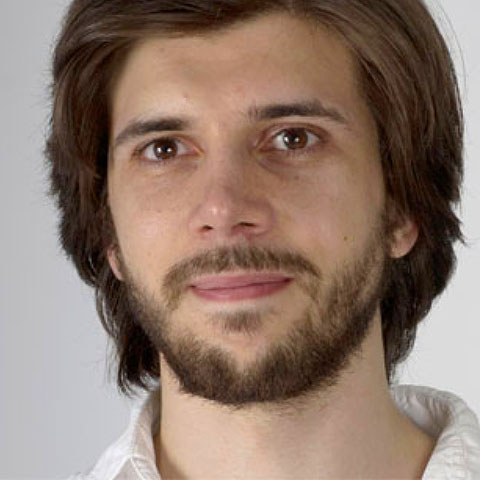Event Details

Topic description:
Experience tells us that sleep is vital, yet its biological functions are not entirely understood. During sleep, individuals give up opportunities to reproduce, eat, drink and socialize, and are more prone to predation. Sleep must therefore serve crucial primordial functions. Previous research suggests it has multiple roles, such as the regulation of synaptic plasticity or energy homeostasis. A lack of sleep diminishes daily performance and chronic sleep deprivation causes diseases. A better understanding of sleep and its underlying neural mechanisms is therefore a fundamental aim in biology with high medical relevance. Sleep and sleep-like states are widespread across phylogeny, which opens up research opportunities with model organisms. Here I report a very powerful paradigm in a highly tractable genetic model organism, C. elegans, which will enable future studies to solve one of the biggest unresolved and debated mysteries in neuroscience: why do we sleep? And furthermore: Why and how do we wake up? I will present my recent discovery of a wake up signal that is an evolutionarily conserved hormone with so far unknown functions in humans. I propose how it can activate our nervous systems and promote wakefulness. I will discuss the evolution of sleep and other brain states. I will present my personal view together with scientific facts on meditation linked to sleep, spanning from the work of C. G. Jung and N.Srivastava to the latest research findings. Questions on philosophical implications of these brain states will be raised with practical implementation inspired by a provocative philosopher of life, J. Kirschner, and further elaborated by D. Goleman and A. Huffington. Finally, C. elegans has been shown as a fruitful model for fundamental biological research attracting experts of various non-biology fields, including physicists and computer scientists. Why not promote C. elegans as a theoretical model organism to KLI fellows?
Biographical note:
Tomas Eichler is a neurogeneticist trying to understand the mechanisms of how molecules, cells, brains and all of us behave. With the heart of a physiologist and a passion for teaching he hopes to spread science to the public, besides his scientific commitment in interdisciplinary research. Tomas studied Biology, BSc and Genetics, MSc at the Comenius University, Bratislava. There he first encountered with behavior genetics, endocrinology and development of insects during his BSc thesis work with Dusan Zitnan. During the MSc thesis work with Lubomir Tomaska he studied Maintenance of Genome Integrity by Chromosome Ends (Telomeres) in Yeasts. He supplemented the Telomere Protection’s unusual link to Meiotic Cell Division by collaborating in Juraj Gregan’s lab at MFPL, Vienna. These were important topics and personalities Tomas admired, but he followed his neuroscientific dreams and turned away from yeasts for his PhD. In 2011 he joined Manuel Zimmer’s lab at the IMP, Vienna, to start the PhD in Molecular Life Sciences. There he discovered regulators of arousal as possibly evolutionarily conserved signals of waking up in C. elegans. For this project he obtained the Boehringer Ingelheim Fonds fellowship (2012-14). The most important skill Tomas learned during his PhD and life overall is Meditation, which he later expanded with Yoga, Pranayama and Ayurveda. He draws inspiration from their practice to supplement his focused reductionist’s studies of brain state physiology with holistic understanding of all beings.


